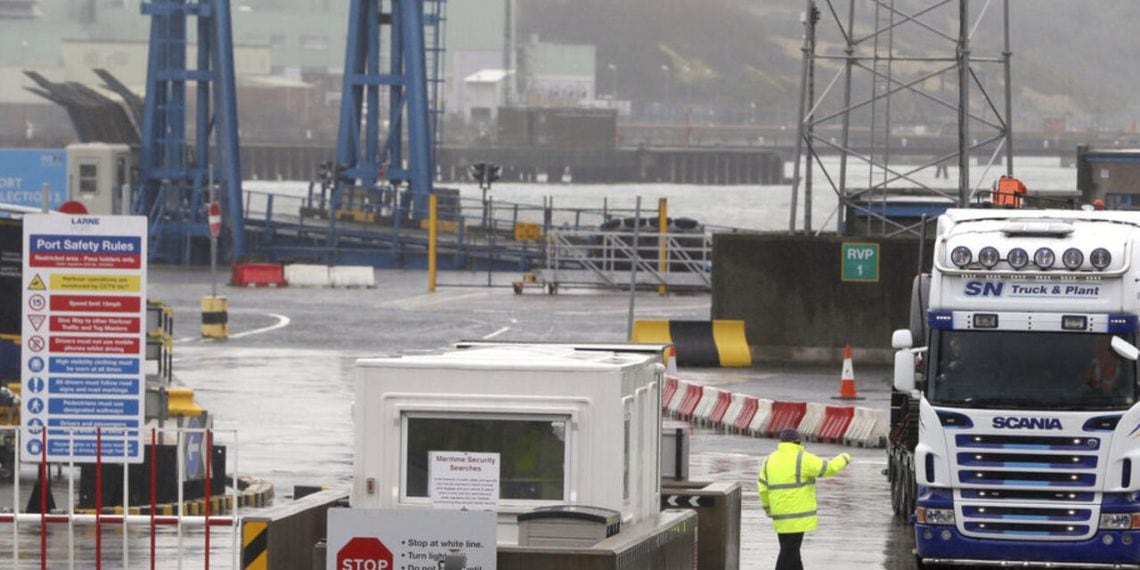British businesses are issuing warnings of an imminent wave of post-Brexit trade disruptions, expressing concerns that EU exporters may not be adequately prepared for the UK’s impending customs changes set to take effect this month. Simultaneously, fears are mounting over the potential unpreparedness of Britain’s port infrastructure.
The United Kingdom officially exited the European Union’s single market in January 2021 but has consistently postponed the enforcement of checks on EU imports.
In contrast, the EU promptly implemented its rules, resulting in port delays throughout 2021. This discrepancy prompted some British exporters, including cheese-makers and high-end beef farmers, to reconsider or temporarily halt their sales to the bloc.
Make UK, representing manufacturers, reported in December that 90% of surveyed firms continued to face challenges in their dealings with the EU, with customs and clearance being the most significant obstacles.
Marco Forgione, Director General of the Institute of Export & International Trade, representing UK importers, suggested that larger EU firms might navigate Britain’s new rules more effectively, but smaller entities, especially specialist food exporters, could encounter difficulties, potentially leading to a halt in exports.

Concerns are raised about potential price pressures and the risk of scarcity if some EU exporters find trading with the UK too intricate and decide to cease exporting.
The UK government’s new Border Target Operating Model (BTOM), effective January 31, will be implemented in three phases. Initially, EU exporters of animal and plant products must present Export Health Certificates (EHCs) to British authorities, with physical checks beginning on April 30 and safety and security certificates required from October 31.
While the government asserts its commitment to delivering an advanced border, industry experts, including William Bain of the British Chambers of Commerce, expressed worries about potential congestion and delays, particularly when checks commence in April.
The concern is particularly poignant given that Britain imports a significant portion of its fresh food from the EU.
Industry bodies such as the British Retail Consortium, the Fresh Produce Consortium, and the British Meat Processors Association have voiced apprehensions.
The Horticultural Trades Association’s James Barnes highlights a risk that the UK’s new border infrastructure, processes, and IT systems might not be fully prepared for the busiest month for plant shipments in April.

Amid these uncertainties, calls for a delay in UK border checks until 2025 from the Dutch Association of Wholesalers in Floricultural Products have not been heeded.
With a UK national election expected in 2024, businesses hope the government might adopt a flexible approach to avoid potential delays and shortages.














